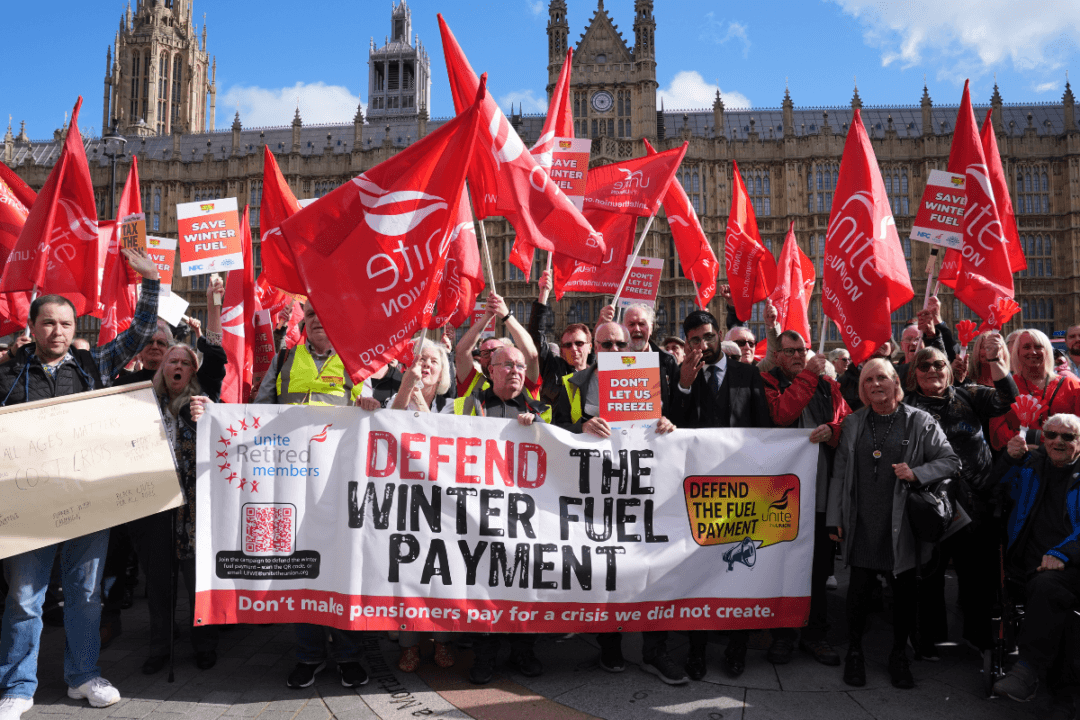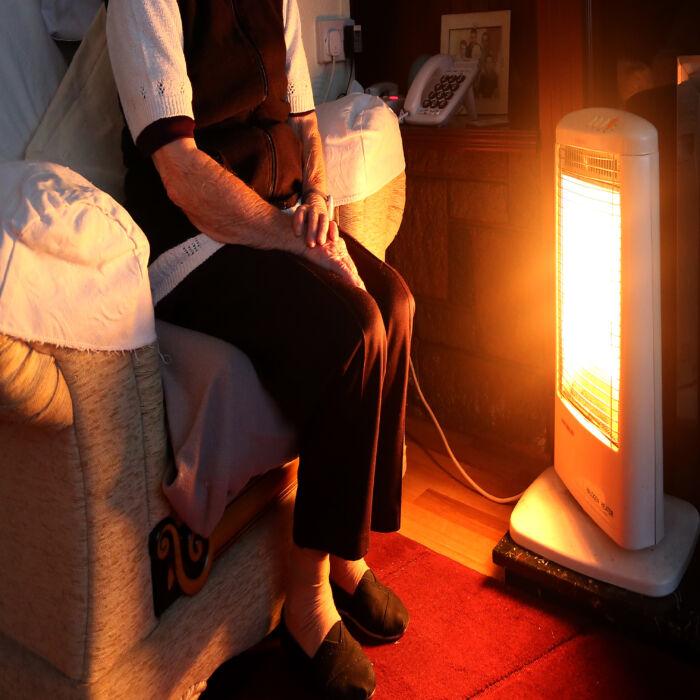The Social Security Advisory Committee (SSAC) has said it is not clear how limiting access to Winter Fuel Payments will save money, given the rise in the number of those applying for Pension Credit.
The SSAC, which provides advice on benefits to ministers, added that given the government’s efforts to increase the take-up of Pension Credit and the media attention that the issue has received, the number of additional successful claims could be much higher than predicted, noting that recent data published by the DWP indicate more than a doubling in the number of weekly Pension Credit claims since the chancellor announced changes to the Winter Fuel Payment.
Capacity to Process Claims
The SSAC also expressed doubt over the DWP’s capacity to process this rising number of Pension Credit claims. While the department hired an additional 450 staff to process applications, the committee pointed out that recruits will need to receive appropriate training before handling cases, which would take around two months.“We remained remain concerned about the capacity of the Department to process Pension Credit claims in a timely way, ensuring that not only are people able to establish entitlement to Winter Fuel Payments, but also that they can be paid this Winter – at the point at which they are needed most,” the committee said.
In July, Chancellor of the Exchequer Rachel Reeves announced that the winter fuel allowance would no longer be a universal benefit, but means tested.
By making it only accessible to those on Pension Credit and certain other means-tested benefits, the government said it would reduce the number of people in England and Wales receiving the payments—worth up to £300 this winter—from 10.8 million to 1.5 million people, saving the Treasury around £1.3 billion this winter and £1.5 billion in subsequent years.
Impact Assessment
SSAC also said it was “disappointed” that the government did not provide the committee with an impact assessment.But SSAC said that “given the scale of pensioners who will be affected by this change, and the speed at which it is being introduced, we are not similarly reassured that this will be the case and are of the firm view that a more detailed assessment is urgently required, in particular, on the potential poverty impact.”
The committee said that it wanted to understand how many pensioners may fall into poverty or be driven deeper into poverty.
Unpopular Policy
The policy is unpopular on both sides of the political aisle, with Labour delegates at last month’s conference even backing a Unite union motion to reverse the proposals. While the vote was not binding, it signalled the deep opposition to the measures within Starmer’s own party.Shadow work and pensions secretary Mel Stride criticised the government, saying: “The government’s own advisory body has stated that winter fuel payment legislation is not fit for purpose.
“It confirms that leaving almost 10 million pensioners out in the cold to pay for union pay rises will have a huge impact on pensioners already in poverty. Many will face the dreadful choice between heating and eating caused by this Labour government.
“Labour have 13 days to reverse this policy before the Budget. Now is the time for them to follow their own advice, and unpick this cruel policy.”
A Downing Street spokeswoman said that ending universal access to the benefit was “not a decision that we wanted to take,” but that the new government needed to alleviate pressures on public finances.
She said, “When it comes to winter fuel our position remains that we remain focused on ensuring that those eligible for that support are receiving it.”







